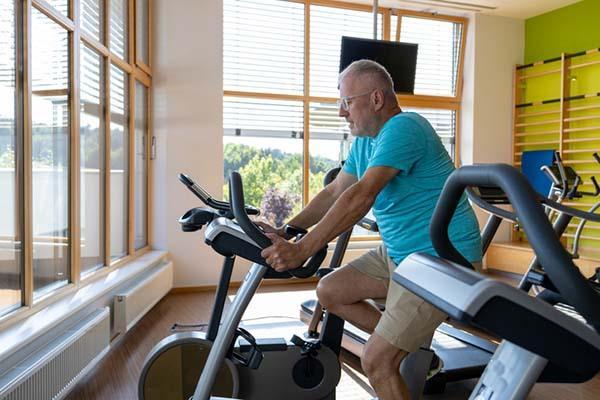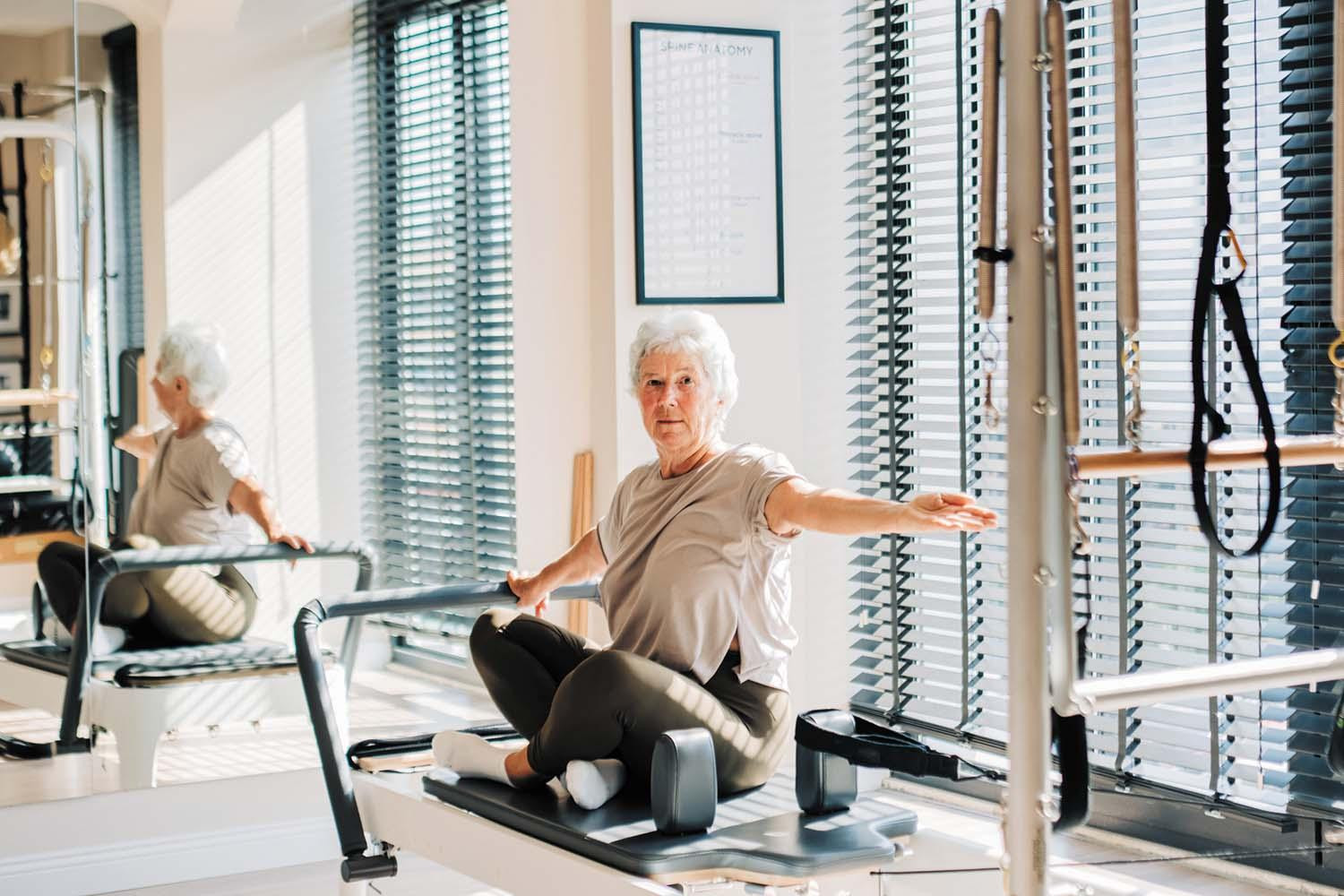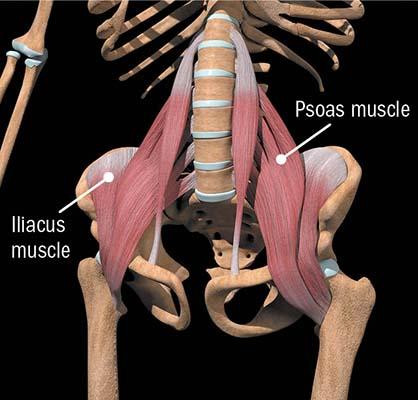
New thinking about plaque in arteries that feed the brain

Want to prevent shifting teeth? Maybe you need retainers

What you need to know about the new dietary guidelines

Food that’s healthier for people and planet can be cheaper, too

New evidence that polyphenol-rich foods help the heart

8 simple ways to reduce ultra-processed foods in your diet

How to curb your stress eating

How to spot Parkinson’s disease symptoms

Heart failure symptoms in women: How they’re different

GERD diet: Foods to avoid to reduce acid reflux
Exercise & Fitness Archive
Articles
Even small changes in physical activity may boost longevity
A large 2026 study estimated that adding just five minutes a day of moderate to vigorous activity might prevent up to 10% of deaths during an eight-year period. Sitting for 30 minutes or less might prevent up to 7% of deaths.
Stretching studios: Do you need what they offer?
One trend in the world of fitness is the stretching studio, providing assisted stretching sessions marketed as a way to improve flexibility and ease chronic pain. But those looking to boost their overall health are more likely to benefit from regular, moderate physical activity, and do their stretching at home.
Pilates: A good workout option, even as we get older
Pilates can be a good low-impact workout option, especially as people get older. It focuses on core strength, balance, and flexibility, and can be adapted—on a mat, reformer, or even in a chair—to different abilities and comfort levels.
Try these stretches to avoid sore hips
Hours spent sitting can leave a person’s hips feeling stiff and sore, often because the hip flexor muscles have tightened and shortened. Understanding how these muscles work and practicing simple stretches regularly can relieve discomfort and improve flexibility.
What are somatic workouts?
Somatic workouts involve paying attention to internal sensations and responses during physical movements. These movements help people become more aware of how their body moves. Somatic workouts can reduce pain and muscle tension and calm anxiety.
Modify your push-ups to meet your fitness level
The classic push-up is still celebrated for its no-equipment-needed simplicity. Using just your body weight, each rep strengthens the arms, shoulders, and chest, as well as the core, hips, and legs. Push-ups can be adjusted for almost any fitness level.

New thinking about plaque in arteries that feed the brain

Want to prevent shifting teeth? Maybe you need retainers

What you need to know about the new dietary guidelines

Food that’s healthier for people and planet can be cheaper, too

New evidence that polyphenol-rich foods help the heart

8 simple ways to reduce ultra-processed foods in your diet

How to curb your stress eating

How to spot Parkinson’s disease symptoms

Heart failure symptoms in women: How they’re different

GERD diet: Foods to avoid to reduce acid reflux
Free Healthbeat Signup
Get the latest in health news delivered to your inbox!
Sign Up











